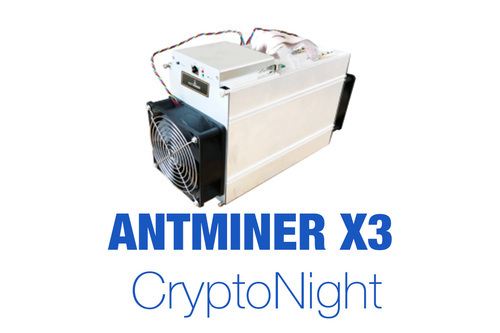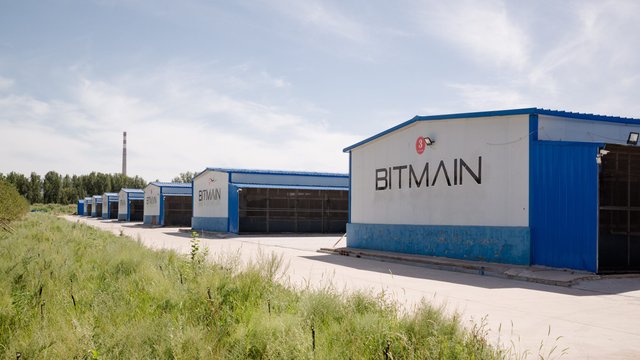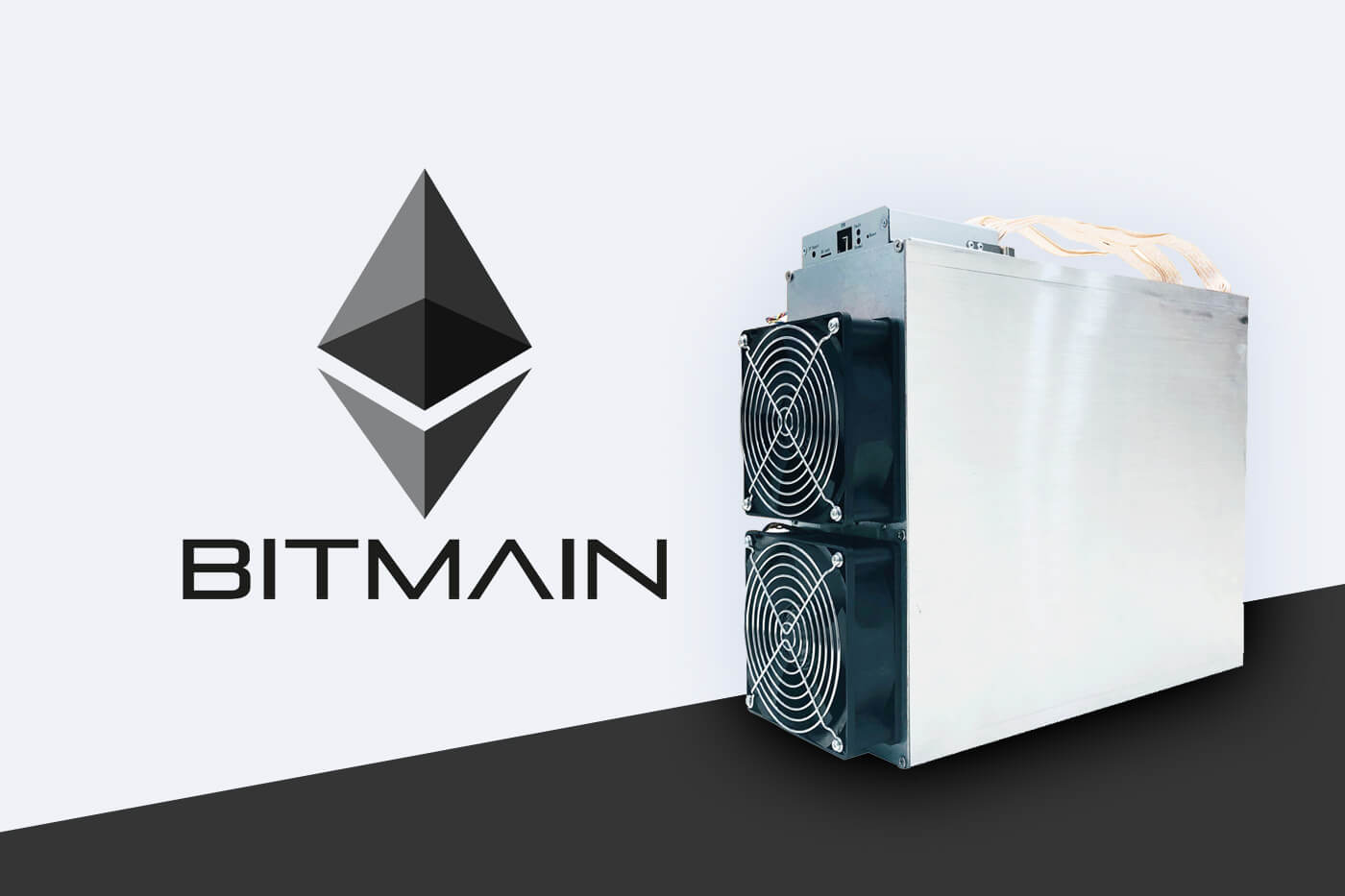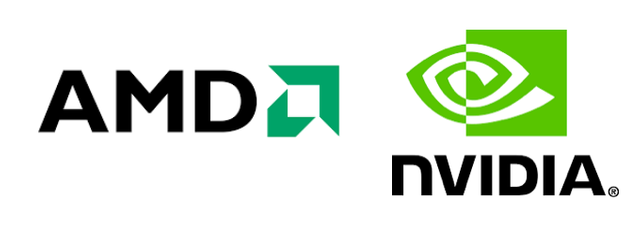Hey guys IceeHot here, Bitcoin Private Contributor and Support member; This is a new long-form weekly post in which I will discuss a specific topic that relates to cryptocurrencies/Bitcoin Private. If this goes well, I will try to make it a regular occurrence. I'm trying to be as educational as possible, so please correct any misconceptions/mistakes!
This week's topic is
ASIC's and ASIC-Resistance
What is an ASIC?
An ASIC, or application-specific integrated circuit, is some kind of device meant to repeatedly carry out the same task over and over. So for instance, the Antminer X3 is an ASIC miner by Bitmain set to repeatedly compute the Cryptonight algorithm to mine coins such as Electroneum and Monero (incompatible since hard fork).

Traditional ASIC's are orders of magnitude more efficient than traditional GPU's at computing a specific algorithm but sacrifice versatility, as they cannot be used for any other task than the one they were designed to.
Why do people argue that ASIC's are "bad"?
The primary argument against ASIC's is based around the fact that ASIC's in their current state cause centralization. ASIC's are not inherently centralized, and they are not inherently "bad". However, with the current state of the ASIC-manufacturing market, one company, "Bitmain" controls the vast majority of ASIC's being built and is able to keep ASIC designs secret (or release only older models to the public) to prevent the general public from being as profitable as Bitmain.

Centralization of mining hardware doesn't just allow an "unfair" profit models for miners, it puts the network these machines support at risk. The infamous 51% attack, is an attack where one entity or a cartel of entities coordinate at least 51% of a network's hashrate in order to falsify transactions. (We recently saw such an attack on Electroneum) In a decentralized, trustless system, this is one of the key points of potential failure in the network.
What does it mean to be ASIC-Resistant?
In the case of Bitcoin Private, we and many other cryptocurrencies use a mining algorithm called "Equihash", a memory-intensive algorithm that makes efficient ASIC's much more difficult to make than ASIC's that compute a traditional non-memory-intensive algorithm, such as Scrypt (Litecoin) or SHA-256 (Bitcoin). However, Bitmain was able to produce an ASIC machine for the Ethash algorithm recently (Ethereum's PoW algorithm), so an Equihash ASIC could theoretically be possible. However, while a traditional ASIC is an order-of-magnitude more efficient than a GPU/CPU, the recently released Bitmain E3 is not as much of a step up from using GPU-rigs to mine Ethereum. The same would most likely be true if an Equihash ASIC were released.

Is being ASIC-Resistant the correct avenue?
Some argue that ASIC's are inevitable from a physics perspective and that machines dedicated to a specific task will always naturally emerge. Some argue that all ASIC-resistance does is increase the startup capital required and therefore increase centralization of manufacturing. While Bitmain may be centralized as they essentially have a monopoly on ASIC's, the same could potentially be said for the manufacturing of GPU's with NVIDIA and AMD and the manufacturing of CPU's by Intel/AMD.

Questions to think about
Are ASIC's inherently "bad?" Should they be avoided at all cost?
If yes to the fact that ASIC's are "bad", how can they be avoided? Is hard-forking to brick ASIC's every few months like Monero the answer? Is using the Equihash algorithm sufficient to stop ASIC's?
When will ASIC's be more widely available or not manufactured by a single large entity?
What would your ideal Proof-Of-Work ecosystem look like?
Do ASIC's for Equihash already exist privately?
With that, the post is concluded! I encourage you guys to respond with your own thoughts on the topic and whether it is important to you whether a cryptocurrency is ASIC-Resistant! Feel free to answer the questions listed above!
I would also love feedback on whether people enjoy this kind of stuff, find it useful, or if the formatting is readable!
Coins mentioned in post:
Downvoting a post can decrease pending rewards and make it less visible. Common reasons:
Submit
Your Post Has Been Featured on @Resteemable!
Feature any Steemit post using resteemit.com!
How It Works:
1. Take Any Steemit URL
2. Erase
https://3. Type
reGet Featured Instantly & Featured Posts are voted every 2.4hrs
Join the Curation Team Here | Vote Resteemable for Witness
Downvoting a post can decrease pending rewards and make it less visible. Common reasons:
Submit